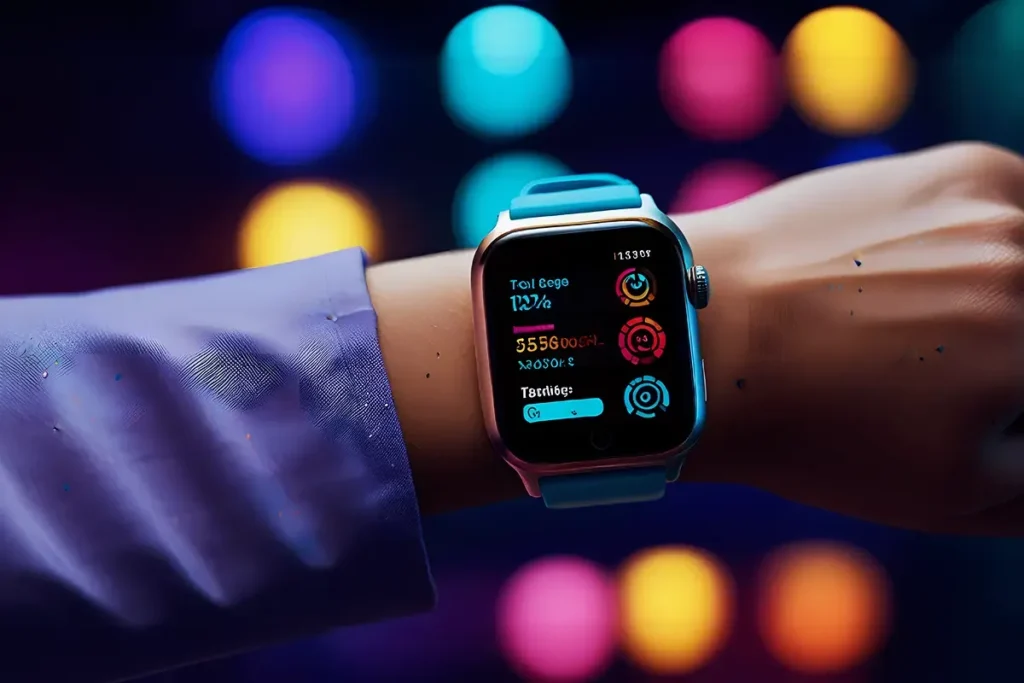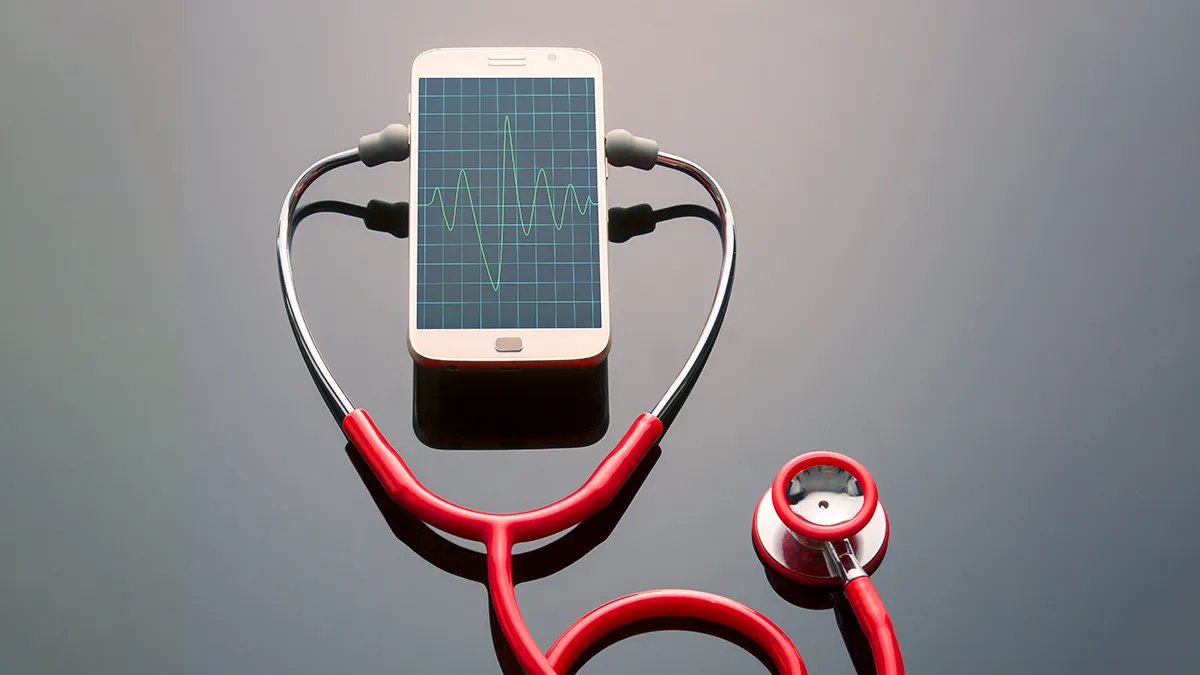In a world increasingly shaped by technology, Americans are turning to wearable devices not just to count steps or monitor heart rate—but to manage their mental health. AI-powered wearables have surged in popularity as individuals look for real-time solutions to stress, anxiety, and sleep issues. From smartwatches to biofeedback headbands, these intelligent gadgets are redefining how people interact with their mental well-being.
The Shift to AI-Integrated Wearables
Over the past decade, wearables have evolved from basic fitness trackers to sophisticated health monitoring systems. With artificial intelligence now at their core, these devices can analyze complex data such as heart rate variability (HRV), sleep cycles, body temperature, and stress indicators. The AI algorithms learn patterns and offer personalized recommendations, often in real-time.
Devices like the Apple Watch, Fitbit Sense, Whoop Strap, and Muse Headband are among the most recognized tools aiding Americans in their wellness journeys. These gadgets don’t just gather data—they process it using AI to detect mood shifts, identify stress triggers, and provide actionable mental health insights.
How AI Wearables Improve Mental Wellness
AI-powered wearables offer several key benefits for mental wellness:
1. Stress Detection and Management
AI-enabled sensors monitor subtle changes in physiology such as skin conductance and HRV. If stress levels spike, the device can prompt the user with breathing exercises, calming music, or mindfulness reminders. Over time, the AI identifies patterns in stress responses and suggests preventive measures.
2. Sleep Quality Monitoring
Sleep is critical to mental health. Wearables track REM, deep, and light sleep cycles, providing a holistic view of sleep quality. AI is used by devices such as Fitbit and Oura Ring to deliver personalized sleep hygiene suggestions and daily sleep scores.
3. Mood Tracking and Emotional Insights
AI interprets data trends to offer insights into daily mood fluctuations. Some devices incorporate journaling features or sync with mental health apps to better understand emotional patterns, providing users with a more complete mental health picture.
4. Biofeedback for Mindfulness
Wearables like the Muse Headband use EEG sensors to track brainwave activity during meditation. AI analyzes this input in real-time and provides audio cues to guide the user toward a calmer state of mind—enhancing focus and relaxation.

Who Is Using These Devices?
While fitness enthusiasts remain a key demographic, mental wellness-focused wearables have found traction across wider populations:
- Working professionals use them to combat burnout and stay alert.
- They are used by students to reduce anxiety and sharpen their focus.
- Older adults use AI-integrated sleep monitors to combat insomnia.
- Therapists and wellness coaches recommend them as self-monitoring tools for clients.
A recent survey indicates that nearly 38% of American wearable users consider mental wellness tracking a top feature, highlighting a cultural shift toward proactive mental healthcare.
Real-Life Impact: Testimonials
Anna, 32, a software developer, shares:
“My Fitbit was a game-changer. It detected changes in my heart rate and alerted me before I even realized I was stressed. Now I use the guided breathing feature daily, and my anxiety attacks have decreased significantly.”
Mark, 45, a marketing executive, adds:
“The Oura Ring helped me understand how poor sleep was affecting my mood and productivity. I started following the sleep recommendations, and it changed how I show up at work and at home.”
These testimonials show that wearables are not just passive trackers—they are dynamic wellness companions powered by AI.
Data Privacy: A Growing Concern
While the benefits are clear, the increased use of wearables brings up data privacy concerns. Users need to exercise caution when it comes to the sharing, storing, and safeguarding of their health information. Many companies now implement encrypted data storage and allow users to control app permissions, but it remains essential to review privacy policies before using any wearable device.
The Future of Mental Health Wearables
As AI continues to evolve, future wearables will become even more intuitive. Expect integration with mental health chatbots, real-time therapy apps, and predictive analytics that warn users of impending emotional distress before symptoms appear.
Wearables will also become more discreet and adaptive, with AI enabling devices to learn not just about a user’s vitals but about their behavioral routines, emotional triggers, and environment. The next frontier could involve emotionally intelligent AI that communicates empathetically, like a virtual therapist on your wrist.
Frequently Asked Questions (FAQs)
1. How do AI-powered wearables help with mental wellness?
AI-powered wearables track physiological indicators like heart rate variability, sleep patterns, and stress levels. The AI analyzes these trends to offer real-time mental wellness recommendations such as breathing exercises, mood tracking, or mindfulness prompts.
2. Are mental wellness wearables accurate?
While not a replacement for professional diagnosis, most high-quality wearables offer reasonably accurate insights using clinically validated sensors. The AI improves accuracy over time by learning individual user patterns.
3. Which wearable is best for mental health tracking?
Popular options include:
- Fitbit Sense for stress management.
- Oura Ring for sleep tracking.
- Muse Headband for meditation and brainwave analysis.
- Apple Watch for a combination of fitness and wellness features.
4. Do these devices replace therapy or medication?
No. Wearables are supportive tools, not substitutes for therapy, counseling, or prescribed medication. They can complement professional mental health care by providing real-time feedback and helping users build daily wellness habits.
5. Is my health data safe with wearable devices?
Most leading companies implement secure, encrypted systems. However, it’s essential to review the device’s privacy policy, manage app permissions, and avoid syncing sensitive health data to third-party apps without consent.
6. Can AI detect mental health conditions?
AI can identify signs of stress, poor sleep, or mood changes, but it cannot diagnose mental health disorders. It can help you understand your mental patterns and serve as an early warning system, but formal diagnosis should come from a licensed provider.
7. Are there insurance benefits for using wearables?
Some health insurers in the U.S. offer discounts, incentives, or wellness program points for users who wear approved health trackers regularly. Check with your provider for eligibility.
Conclusion:
The convergence of artificial intelligence and wearable tech is ushering in a new era of proactive, personalized mental health care. As Americans embrace these innovations, AI-driven wearables are becoming trusted allies in the pursuit of emotional balance and resilience.




